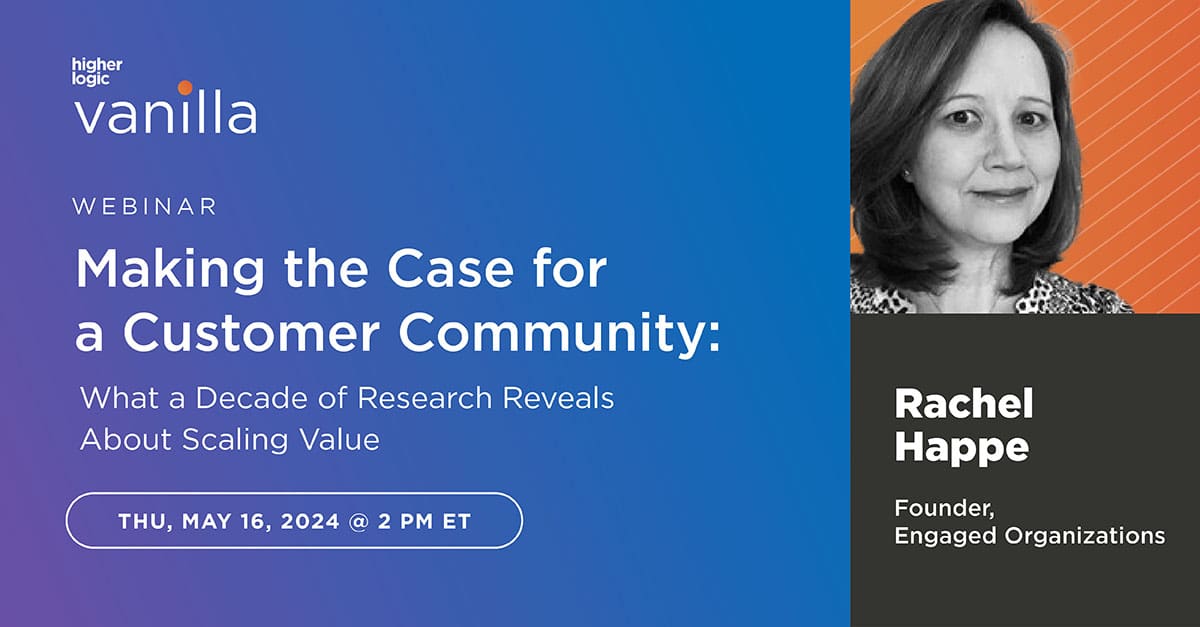
Monetization without Alienation: How to Convert your Community to Cash without Ruining It

Tell me if this scenario sounds familiar:
You’ve spent six months cultivating an online community around something that you’re incredibly passionate about. Whether you’ve done it by way of a forum, an Instagram account, or a blog, you’re starting to see people coalesce around your vision.
This all feels great, but you’ve also got kids to feed and bills to pay. Unfortunately, your landlord doesn’t accept rent payment in retweets and backlinks.
Your passion has you working into the wee hours of the morning while your day job keeps the lights on. Meanwhile, you never see your significant other and you’re only sleeping 4 hours a night.
If you don’t find a way to cut out the 9-5 and start earning money from your online community, you’re not going to survive.
Of course, you’re afraid. There’s a huge risk involved in monetizing. You could give it a try and utterly fail to turn a sustainable profit. Worse, you could alienate your followers and end up burning your community to the ground.
In this post, I’m not so much going to teach you how to monetize (that’s been done before in plenty of places). Instead, I want to give you four ideas for monetization and how to think about them if you’re going to succeed.
Here they are ordered from dangerous to relatively risk-free.
1. Advertise
Depending on your platform, this can take different forms. At its most basic level, advertising means plastering (tastefully!) your community space with ads. There are services like Google Adsense that will make it easy for you. You can check out WikiHow to see this in action.
Advertising can be a very touchy endeavour. Part of what attracts people to your community in the first place is a sense of authentic passion. If they sense that you’ve sold out, they’ll leave faster than you can say “Click here for male enhancement…”
If you’re going to advertise, make certain that your ads are minimal and that they’re incredibly relevant to your topic.
2. Sell other People’s Stuff
The technical term for this is affiliate marketing. Working through sites like ClickBank or Amazon Associates, you essentially hawk other people’s books, products, and services in your own community space.
You could do this by posting links and ads to affiliate products on your site or forum. If you go this route, then you’re in the same boat as #1 above.
A safer and more effective method, however, is to carefully select affiliate products that fit well within your target niche. Choose products that you would actually be proud to talk about—things you believe will bring value to your community members.
By focusing on value, not only will you increase sales, but you’ll fend off any false suspicions that you’re trying to turn a quick buck at your community’s expense.
3. Sell your own Stuff
This is where things begin to get more lucrative and exciting. Instead of shilling other people’s merchandise, what if you were to start selling your own work? If you’re already in the business of sales, then this one is a no-brainer.
Even if you didn’t start off with sales in mind (for example, if you run an online community based on something as obscure, yet wildly popular as alternate history), you can still make this move.
Take a closer look at your membership. Figure out what their needs are and how they intersect with your capabilities. Then, create a simple product (an online course, eBook, etc.) designed to fulfill that need. Throw a price tag on it and begin to share it with the group.
By developing products suited to address the special needs of your people, you’ll further inject value into the community. As long as you continue to do that, you won’t have to worry about alienating your membership.
Helpful tip: Give people enough free content to stay engaged even if they never buy from you. Check out Search Decoder for an excellent example of what that looks like.
4. Create a Premium Membership Site
Speaking of membership, this last monetization move capitalizes on the previous in a way that, far from pushing people away, pulls them further and deeper in.
A premium membership site essentially creates an inner circle for your online community. It invites your most committed followers to take an extra step to receive more of you than they otherwise were getting.
Sticking with our previous example, you might decide to create a premium site where you teach people how to write, publish, and promote their own alternate history novels. Alternatively, you might arrange to interview several well-respected authors in the genre and offer exclusive access to your premium members.
You can do whatever you want here as long as you focus on creating things your community would find valuable.
For this to work without alienating the rest of your community, it’s imperative that you continue to provide incredible value to your regular community members. The key is for premium members to get more, not for regular members to get less.
So, go start making money!
Those are my four ideas. Search the internet; I’m sure you’ll find more. (Editor: See our whitepaper on more ideas on monetizing your forum)
Don’t forget, however, that success in monetization will always come down to value. If your members sense that you’re only trying to create value for yourself, you’ll fail. If, however, you legitimately create value for them, they’ll gladly compensate you for it.


